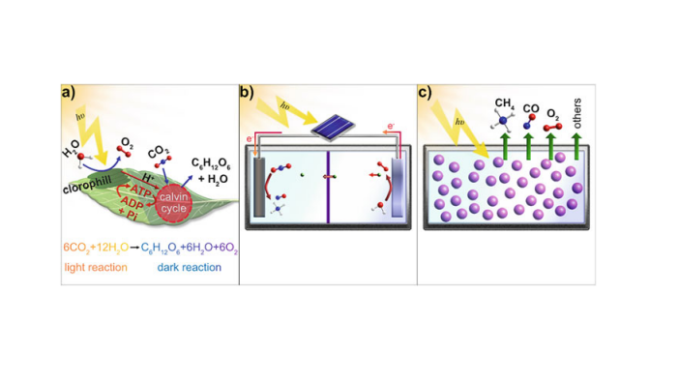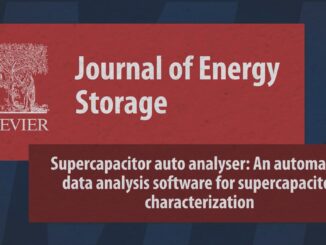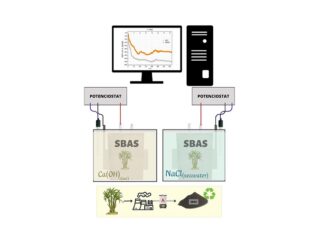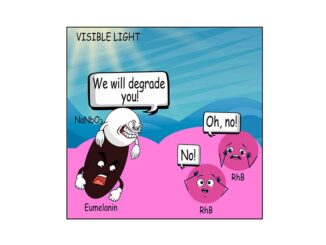
The Chemistry of CO2 Reduction Processes: Mechanisms, Challenges, and Perspectives
Abstract: Anthropogenic CO2 emissions due to fossil fuels as an energy source have caused an accumulation of this gas in the atmosphere. Consequently, there is a worsening of the greenhouse effect and an increase in the planet’s temperature. The need to replace fossil fuels and concerns about energy supply and energy efficiency led to the rise in research on renewable sources as an energy source, such as solar energy. In this context, artificial photosynthesis appears as a solution, allowing the use of renewable sources as a font of energy and the reduction and recycling of waste products, such as CO2 gas. In this process, the photocatalytic conversion of carbon dioxide into hydrocarbons and other carbon-based materials occurs. Among the products, CO, CH4, HCOOH, and CH3OH are produced in higher quantities. This chapter will describe the chemistry underlying the CO2 reduction, focusing on the electrochemical, photoelectrochemical, and photocatalytic processes. It will also be shown how these methods have contributed to the advancement of CO2 as a raw material for the synthesis of other compounds with more excellent added value.
Author(s): Nogueira, A. E.; Ribeiro, L. S.; Geovo, J. D. C.; Souza Neto, F. N.; Fragal, V. H.; Sequinel, T.; Camargo, E. R.; Gorup, L. F.
Handbook of Energy Materials. Springer, Singapore
Published: 28 January 2023
DOI: https://doi.org/10.1007/978-981-16-4480-1_47-1
CDMF
The CDMF, hosted at the Federal University of São Carlos (UFSCar), is one of the Research, Innovation and Dissemination Centers (RIDC) supported by the São Paulo State Research Support Foundation (Fapesp), and also receives investment from the National Council Scientific and Technological Development (CNPq), from the National Institute of Science and Technology of Materials in Nanotechnology (INCTMN).




